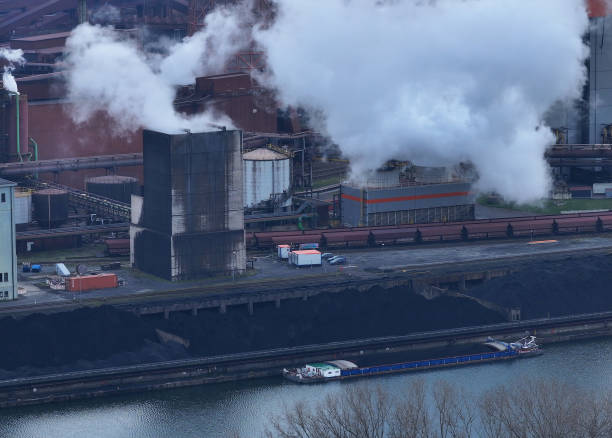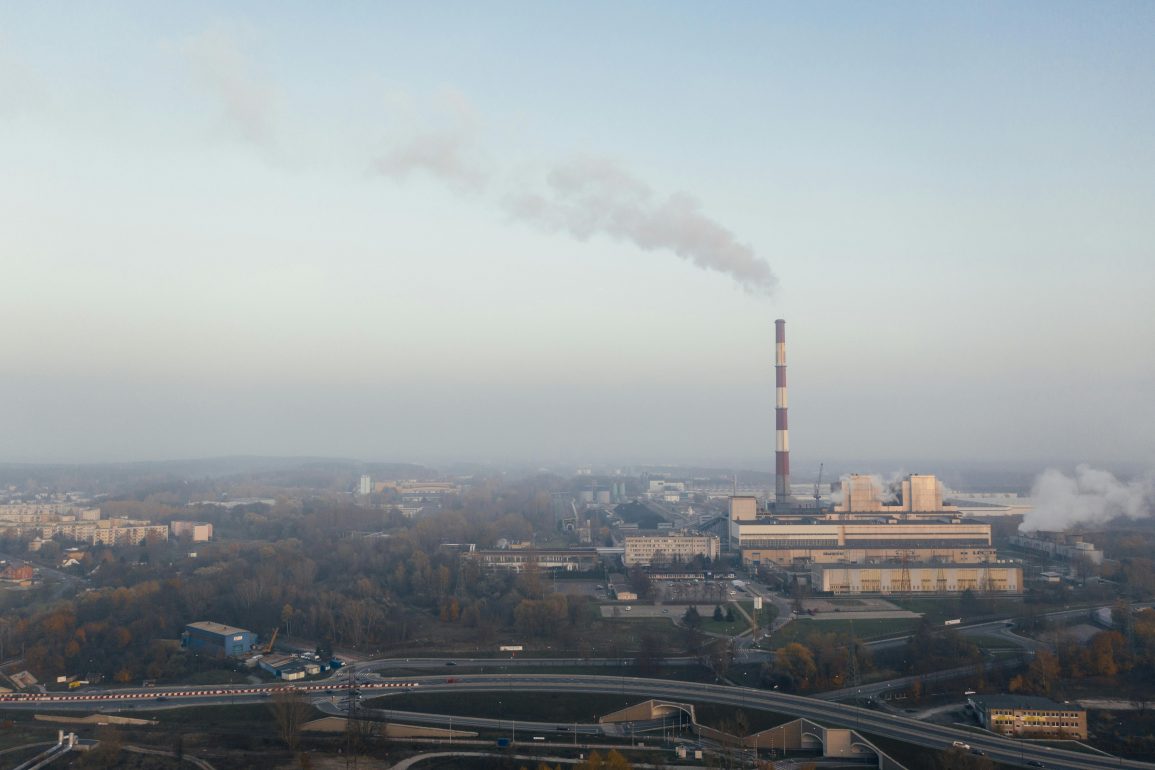In a significant legal development on Wednesday, the U.S. Supreme Court declined to temporarily halt a new federal regulation targeting carbon pollution from coal and gas-fired power plants.
This decision comes as a blow to President Joe Biden’s administration and its climate crisis efforts, with various states and industry groups seeking to challenge the Environmental Protection Agency (EPA) rule.
The court denied emergency requests from West Virginia, Indiana, and 25 other states—most of which are led by Republican officials—as well as power companies and industry associations.
These groups sought to pause the EPA rule while ongoing litigation plays out in lower courts.
The regulation, which aims to reduce greenhouse gas emissions that contribute to climate change, took effect on July 8.

Under the new rule, existing coal plants and new natural gas-fired plants must significantly cut emissions, including implementing carbon capture and storage technologies.
The EPA has stated that this technology is both proven and feasible, although critics argue it has not demonstrated effectiveness at the scale suggested.
The regulation aligns with the Clean Air Act and addresses the critical need to reduce emissions from the power sector, which accounts for 25% of the nation’s greenhouse gas output.
Notably, coal plants operating past 2038 and certain new gas facilities are required to reduce emissions by 90% by 2032.
Opponents, including West Virginia, argue that these stringent requirements are essentially a strategy to phase out coal plants, claiming the rule exceeds the EPA’s authority.
As the legal battles continue, the implications for the energy sector and the ongoing climate crisis remain a focal point for many states and industry players.

